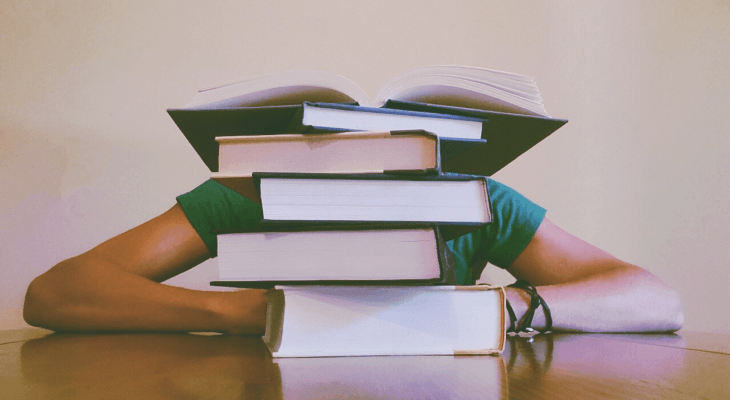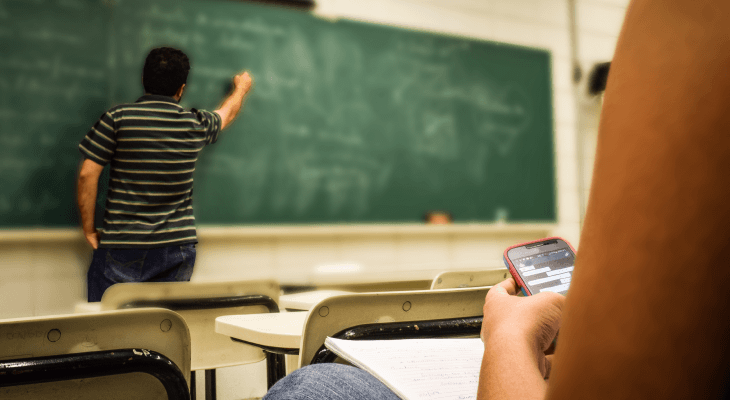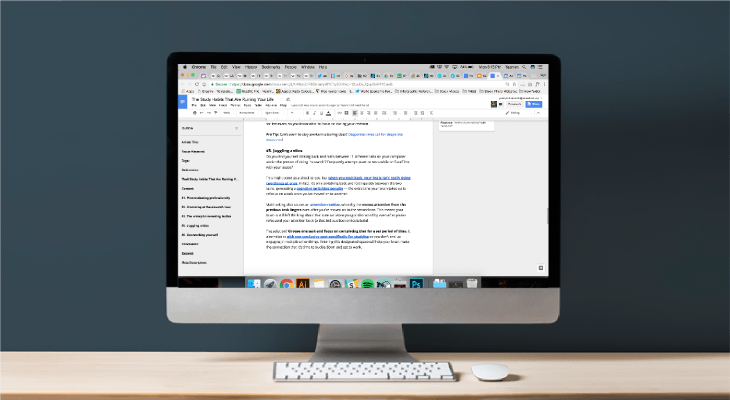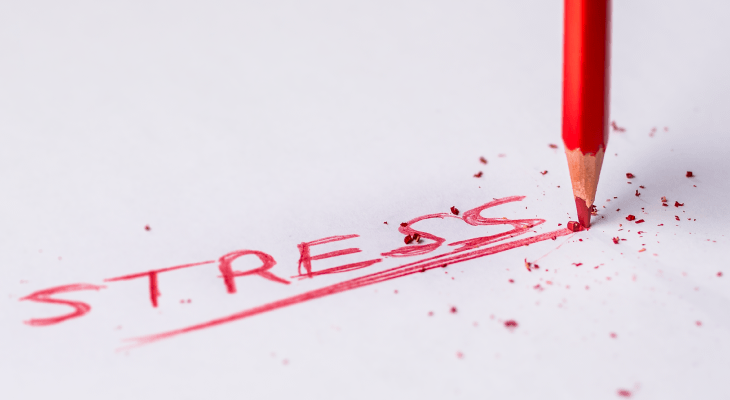6 Bad Study Habits That Are Ruining Your Grades in College
Are your grades on a downward spiral? Don’t fret. We’re decoding the reasons behind your bad grades and giving you the lowdown on how you can improve here!
Updated 30 Sep 2019

Are your grades taking a long and depressing dive this semester? Cooped up in your room studying for hours on end but not reaping the results? You might have been putting in the work, but you could be doing it all wrong!
In this article, we’re spreading some tough love by breaking down the cause of your bad grades and giving you the tools you need to get back on track. Let’s get started.
#1. Procrastinating like a professional

You’re probably already well-versed with this phenomenon, but procrastination is almost always a catalyst for cramming, a potentially damaging all-nighter and ensuing mayhem and chaos.
But why do we still allow ourselves to fall victim to procrastination despite knowing its grievous consequences?
According to this book by Dr Piers Steel, we tend to put off difficult tasks because we feel less confident we can do them and therefore less motivated. To curb your insecurities, break down your workload into manageable tasks. If you feel lost or overwhelmed, don’t be ashamed to reach out for help to a friend or teacher.
The tendency to procrastinate also arises when you are unable to control your impulses to indulge in other things, such as checking your Snaps, Twitter mentions or notifications for Instagram likes.
PRO TIP
Too weak to resist the lure of social media? Use these tips to help you create a conducive learning environment or these apps to stave off distractions.
#2. Cramming at the eleventh hour

We’ve sung this song before, and we’ll sing it again (because we know old habits die hard).
One of the biggest downfalls of cramming is that it inhibits long-term retention of information, which requires understanding its meaning and importance, rather than just how it looks or sounds.
As this less popular form of learning requires meaningful analysis of information, superficially processing knowledge by rote learning 3 chapters’ worth of history facts 2 nights before your midterms is a surefire way to forget everything a few days later.
Avoid this pitfall by not leaving your studying to the last minute. Aim to start studying at least a month before your final exams so you aren’t scrambling to complete your revision a week before your paper. Be sure to formulate a study timetable around your existing schedule so you’re more likely to stick to it.

#3. The unhelpful rereading tactic

After reading your law notes for the fifth time, you might be convinced that you’ve understood the material pretty well. We hate to burst your bubble, but rereading only gives you a false sense of security that you’re already well-versed with what you’re looking at.
Rereading is simply not an effective form of learning as it does not test your understanding of the subject. So it’s high-time you made retrieval practice your go-to study strategy instead.
This method forces you to recall information from the depths of your memory bank and not from your textbook, and to apply the information to solving problems, similar to the ones you will face during your exam.
This can be done by doing practice tests, attempting past-year questions and making flashcards to reinforce your understanding and application of the material ー leading to a more sophisticated understanding of the subject and longer retention of information.
Apply for university with EduAdvisor
Secure scholarships and more when you apply to any of our 100+ partner universities.
Start now#4. Clandestine texting during class

Lectures can be a pain in the cranium, particularly if the subject is tiresome or if your lecturer is only slightly more interesting than a plank of wood. However, tuning out during classes or skipping them altogether could have devastating consequences on your exam results.
Keep in mind that your tutors are great resources. They can give you in-depth perspectives on the study material by using examples and explanations, helping you to figure out all the nitty-gritty stuff and massively cut down your study time.
Attending classes also gives you an opportunity to pick your lecturer’s brains about grey areas and participate in discussions about topics you might not otherwise understand. Even if your lecturer is a first-class bore, paying attention in class means you won’t be looking at the study material for the first time a week before your final exams.
Going for lectures can also help you gauge what subtopics your lecturer is emphasising for the exam, so you know what to focus on during your revision.
PRO TIP
Can’t seem to stay awake in a boring class? Here are some nifty tips to keep you wide awake!
#5. Multitasking while studying

Do you find yourself clicking back and forth between 11 different tabs on your computer under the pretext of doing ”research”? Or do you frequently attempt practice tests while on FaceTime with your bestie?
This might come as a shock to you, but when you multitask, your brain isn’t really doing 2 things at once. In fact, when you’re switching back and forth quickly between the 2 tasks, you’re generating a cognitive switching penalty — the extra time your brain takes up to refocus on a task once you’ve moved on to another.
Multitasking also causes an attention residue, where the excess attention from the previous task lingers even after you’ve moved on to the second one. This means your brain is still left thinking about that cute cat video you got distracted by even after you’ve refocused your attention back to that tedious economics tutorial.
The solution? Choose one task and focus on completing that for a set period of time. It also helps to pick one conducive spot specifically for studying to avoid being distracted by other things. Entering this designated workspace will help your brain make the connection that it’s time to buckle down and get to work.

#6. Overworking yourself

Studying consistently can help you do well in your exam, but overworking can lead to unnecessary stress and a burnout. Hence, an effective study session does not depend on how long you’re studying, but how long you’re able to focus intensely on your work.
This means that 6 hours of slogging at your desk is worthless if you’re struggling to keep awake half the time.
To boot, chronic stress increases the stress hormone cortisol in your body, which can negatively impact brain function. In fact, this study suggests that students who engage in homework for more than 3 hours a night are susceptible to countless health problems, mental health issues, as well as sleep deprivation and the slew of complications it leads to.
So, to keep your noggin in tip-top shape, schedule frequent breaks between your study sessions by using the Pomodoro technique. In fact, take the weekends off if you can afford to! Exam season can be a turbulent time so it’s important that you give yourself the TLC you deserve to avoid burning out.
We hope these tips will act as a guide to help you find the study techniques that work for you. While keeping a healthy GPA might be a priority, it’s worth remembering that your grades don’t define you and that it pays to savour the learning process. Good luck!






